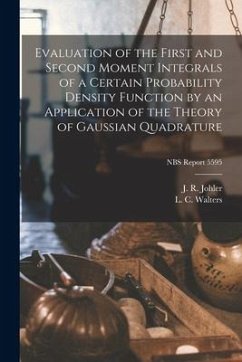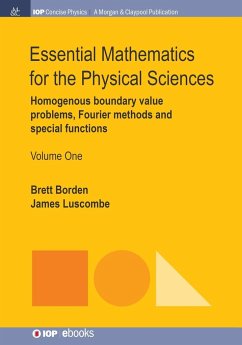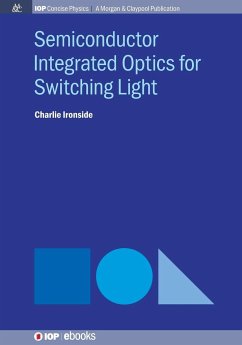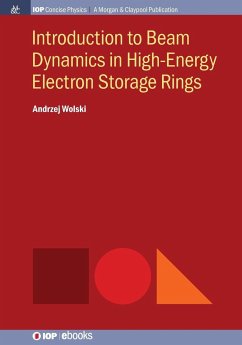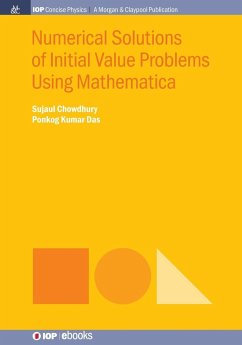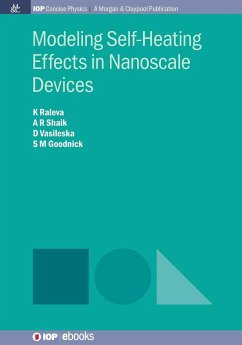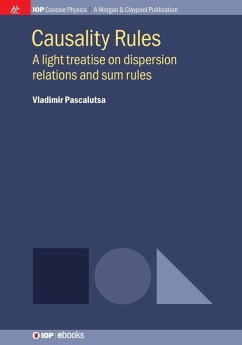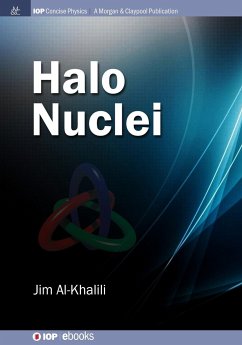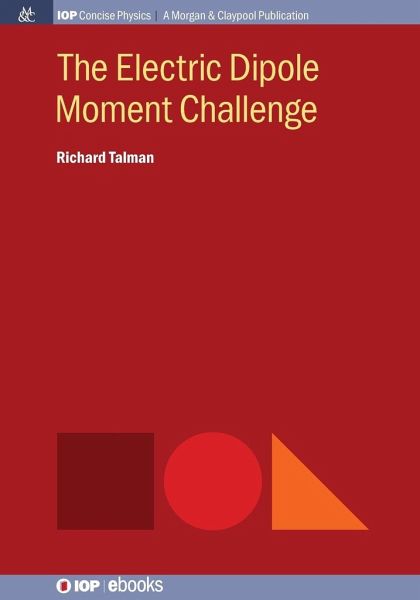
The Electric Dipole Moment Challenge

PAYBACK Punkte
35 °P sammeln!
The electric dipole moment (EDM) challenge measures a non-zero proton EDM value and this book suggests how the challenge can be met. Any measurably large proton EDM would violate the standard model. The method to be employed uses an intense beam of 'frozen spin' protons circulating for hour-long times in a storage ring 'trap'. The smallness of EDMs allows them to test existing theories, but also makes them hard to measure. Such EDM experiments are inexpensive, at least compared to building accelerators of ever-greater energy.





